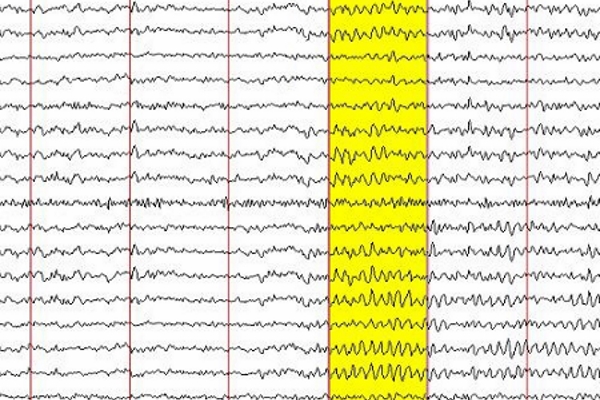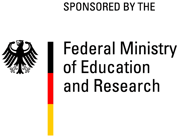EEG-guided electrical brain stimulation for ADHD patients
March 27, 2019 - neurocare group

 ADHD often persists into adulthood. Worldwide, almost 3% of adults1 suffer from ADHD. With ADHD often leading to severe psycho-social restrictions into adult life, finding more sustainable treatment options is key to preventing ongoing economic and social difficulties. Experts have highlighted the need for treatment options which are better suited to adult clients2. With recent advances in neuromodulation technologies, neurocare group is exploring options which may become a viable alternative to treating adult ADHD.
ADHD often persists into adulthood. Worldwide, almost 3% of adults1 suffer from ADHD. With ADHD often leading to severe psycho-social restrictions into adult life, finding more sustainable treatment options is key to preventing ongoing economic and social difficulties. Experts have highlighted the need for treatment options which are better suited to adult clients2. With recent advances in neuromodulation technologies, neurocare group is exploring options which may become a viable alternative to treating adult ADHD.
Together with the BMBF3-funded project "Mobile System for ADHD Therapy Using Transcranial Electrical Stimulation - ATTENTION", the neurocare group is playing a leading role in the development of a unique neurobiologically-based technology which is designed to be a cost-effective, sustainable and low-side-effect therapy for adults with ADHD. Together with the University of Oldenburg and other project partners4 we are developing a mobile medical-technical system based on an electroencephalogram (EEG), while an external electrical brain stimulation with weak alternating current (tACS5) is carried out.
The method focuses on the mostly diminished attention of the affected person. With the help of the EEG, the individual parameters of brain activity associated with attention are identified and influenced by specific alternating current stimulation. The aim is to change brain activity in such a way that attention is improved and reaction times are shortened concurrently.
In the future, the method will offer an alternative or supplement to existing medical and psychotherapeutic treatments for adult ADHD.
1 Fayyad J et al.: The descriptive epidemiology of DSM-IV Adult ADHD in the World Health Organization World Mental Health Surveys. Atten Defic Hyperact Disord 2016; DOI: 10.1007/s12402–016–0208–3
2 Banaschewski T et al.: Attention-deficit/hyperactivity disorder – a current review. Dtsch Arztebl Int 2017; 114(9): 149-59; DOI: 10.3238/arztebl.2017.0149
3 BMBF: German Federal Ministry of Education and Research
4 Project partners are (all in Germany): University of Oldenburg, University Hospital Bonn, Fraunhofer Institute for Digital Media Technology Oldenburg, Applied Biosignals GmbH, Ascora GmbH.
5transcranial Alternating Current Stimulation. Non-invasive brain stimulation, in which a very weak alternating current is applied to the brain from outside via electrodes on the head.






